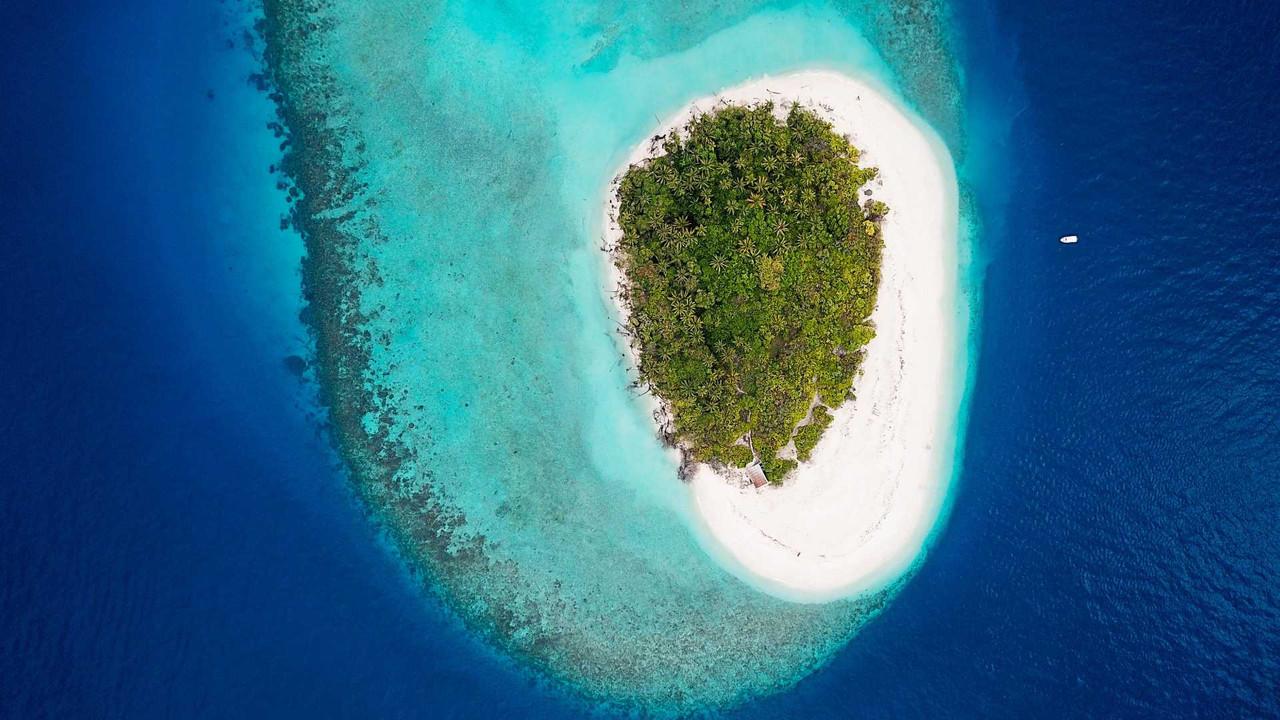Niue
Comprehensive Country Overview
Explore the geography, history, and socio-economic factors shaping Niue

Country description
Niue is a small, isolated island nation in the South Pacific Ocean, located approximately 2,400 kilometers northeast of New Zealand. Often called "The Rock of Polynesia," Niue is a raised coral atoll, one of the largest in the world. This geological formation gives the island distinct features like steep limestone cliffs, caves, and a lack of surface rivers or streams. Niue's landscape comprises a central plateau with a maximum elevation of about 60 meters and a coastal terrace about 0.5 kilometers wide. A fringing reef surrounds the island.
Historical Context
The first inhabitants of Niue were Polynesian voyagers, believed to have arrived from Samoa around 900 AD. Captain James Cook made the first recorded European sighting of Niue in 1774. However, he was unable to land due to fierce opposition from the inhabitants. The arrival of missionaries from the London Missionary Society in the mid-19th century had a profound impact on Niuean society. Niue became a British protectorate in 1900 and was subsequently administered by New Zealand from 1901. In 1974, Niue achieved self-governing status in free association with New Zealand. This unique relationship means Niueans are New Zealand citizens, and New Zealand handles defense and significant aspects of foreign affairs.
Socio-Economic Aspects
Niue has a small population, estimated at around 1,719 in 2017. Depopulation is a challenge, as many Niueans have migrated to New Zealand for greater economic opportunities. Niue's economy is small and heavily reliant on aid from New Zealand. Subsistence farming and fishing are vital for local livelihoods. Taro, yams, cassava, and tropical fruits are primary crops. Niue is developing its tourism industry, focusing on its unique natural beauty, whale watching, and diving. Niue has a small offshore financial sector. Niue is a self-governing parliamentary democracy in free association with New Zealand. Niuean culture retains strong Polynesian roots, with traditional art forms, music, and dance playing a significant role. The Niuean language (Vagahau Niue) is closely related to Tongan.
Workforce description
Niue has one of the world's smallest populations, with approximately 1,600 residents, leading to a limited workforce. The population is aging, with a significant portion of the workforce nearing retirement age. Niue experiences a high level of out-migration, particularly to New Zealand, resulting in a "brain drain" of skilled workers.
Many Niueans have limited formal education, which can hinder the development of a highly skilled workforce. However, Niueans possess traditional skills in areas such as agriculture, fishing, and handicrafts. There is a need for ongoing capacity building and skills development programs to enhance the Niuean workforce's overall skill levels.
The public sector is the largest employer in Niue, providing a significant portion of jobs. Agriculture and fishing are traditional sectors and still play an important role in the economy, particularly for subsistence. Tourism is a growing sector with potential for increased employment opportunities. However, the private sector in Niue remains relatively small and underdeveloped.
Niue faces challenges in attracting and retaining skilled workers due to its small size, remoteness, and limited economic opportunities compared to larger countries like New Zealand. Addressing the skills gap through upskilling and training programs is crucial for Niue's economic development.
Cultural norms impacting employment
In Niue, Polynesian traditions and Christian values deeply influence the work environment.
Work-Life Balance
Niuean culture is family-oriented, with strong obligations towards extended family networks often taking precedence over work commitments. Participation in village and church activities is highly valued, which might affect traditional work schedules. While punctuality is respected, Niuean culture has a more relaxed approach to time compared to some Western societies.
Communication Styles
Hierarchy and respect for one's elders are deeply ingrained in Niuean culture, translating to a deferential communication style in the workplace, especially towards those in senior positions. Niueans may favor indirect communication to avoid confrontation or causing offense. Open disagreement or negative feedback might be expressed subtly. Establishing personal rapport is important before conducting business in Niue.
Organizational Hierarchies
Traditional Niuean leadership emphasizes consultation and consensus-building, which can affect the pace of decision-making in the workplace. Employees generally defer to those in positions of authority, and openly challenging decisions by superiors might be seen as disrespectful. The Niuean Way, or "Faka-Niue," encompasses core values like respect, reciprocity, and collective responsibility, shaping workplace expectations and interactions.
It is crucial to remember that cultural norms are fluid and can vary between individuals and work settings. It's best to approach workplace interactions in Niue with sensitivity and an openness to learn.
Key industries and employment sectors
Niue's economy, though small, is diverse, with several sectors playing a vital role in driving economic activity and employment.
Public Sector
The public sector is the largest employer in Niue, providing a substantial proportion of jobs. Government services, administration, education, and healthcare are significant areas within this sector.
Agriculture and Fishing
Agriculture primarily focuses on subsistence farming, with crops like taro, yams, and coconuts being staples. There is some small-scale commercial agriculture, with exports including noni, vanilla, honey, and root crops. Fishing is a vital source of food and income, encompassing both small-scale coastal fishing and offshore fishing ventures.
Tourism
Tourism is a key focus for economic development in Niue. The island's natural beauty, unique culture, and water-based activities like snorkeling, diving, and whale watching offer vast potential to expand this sector and create more jobs. Niue positions itself as an ecotourism destination, highlighting its pristine environment and limited visitor numbers.
Other Emerging Sectors
Niue aims for 80% of its energy generation to come from renewable sources like solar. This shift creates opportunities in the installation and maintenance of renewable energy systems. Traditional arts and crafts, such as weaving and carving, hold potential for small business development and cultural tourism initiatives.